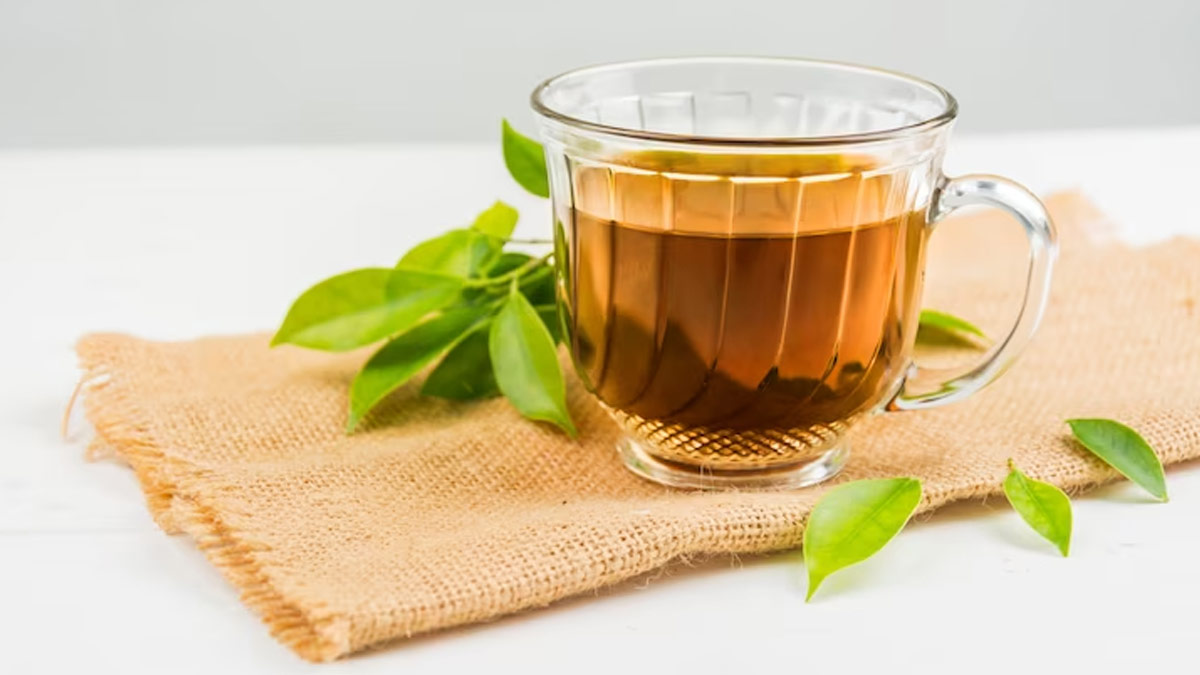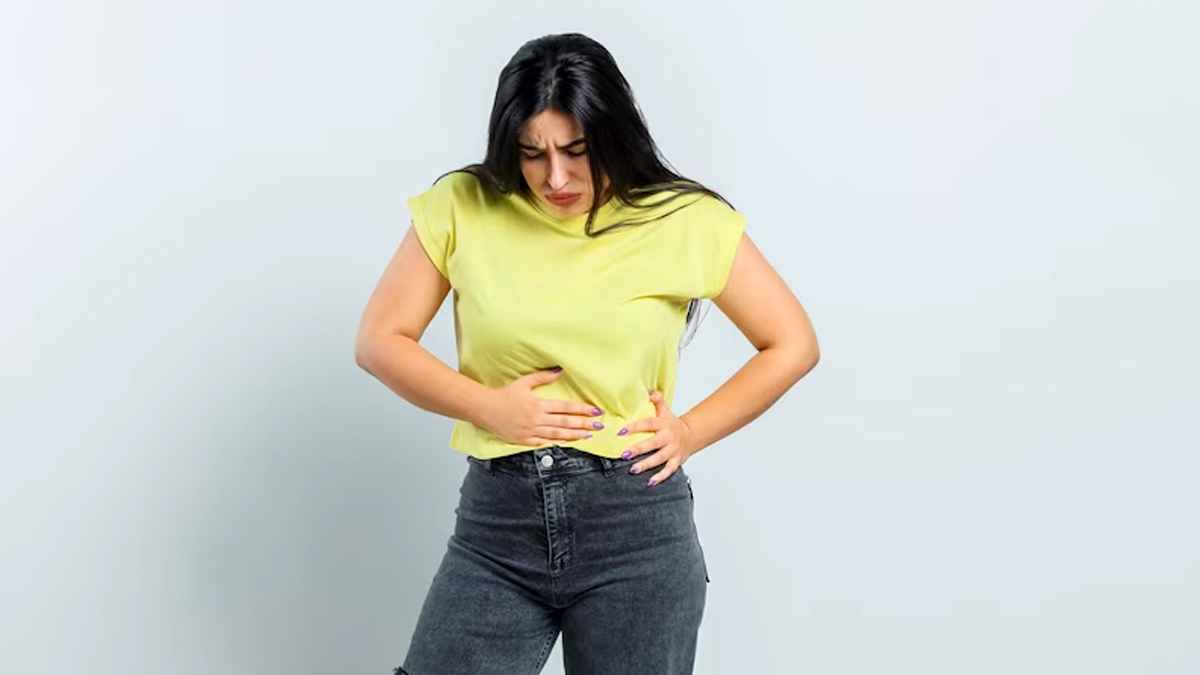
Green tea has been consumed for thousands of years in various parts of the world. It is rich in antioxidants and nutrients that provide numerous health benefits. However, like any other food or drink, green tea can also have side effects. In this article, we will discuss the potential side effects of green tea and how to minimise them.
Table of Content:-
Side Effects Of Drinking Green Tea
1. Caffeine content
Green tea contains caffeine, a stimulant that can cause insomnia, anxiety, and restlessness in some individuals. The caffeine content in green tea varies depending on the brand and how it's prepared. A typical cup of green tea contains about 25-40 mg of caffeine, which is less than a cup of coffee, but still significant. Individuals who are sensitive to caffeine or those who consume large quantities of green tea may experience adverse effects such as jitteriness, headaches, and heart palpitations.
2. Digestive problems
Green tea contains tannins, which can cause digestive problems such as constipation and stomach upset. Drinking too much green tea on an empty stomach can cause nausea and vomiting. It is recommended to consume green tea with food to reduce the risk of digestive problems.

Also read: 5 Upcoming Wearable Trends To Enhance Health & Fitness Goals
3. Iron absorption
Green tea can also interfere with the absorption of iron in the body. The tannins in green tea can bind to iron and prevent its absorption, which can lead to iron deficiency anaemia in susceptible individuals. To minimise this effect, it is recommended to consume green tea between meals or with foods that are rich in iron.
4. Interactions with medication
Green tea can interact with certain medications and affect their efficacy. For example, green tea can reduce the absorption of beta-blockers, a class of drugs used to treat high blood pressure. It can also increase the effects of stimulants such as ephedrine and caffeine. Individuals who are taking medications should consult their healthcare provider before consuming green tea.
5. Allergic reactions
Green tea contains a compound called catechins, which can cause allergic reactions in some individuals. Symptoms of an allergic reaction can range from mild to severe and can include hives, itching, and difficulty breathing. Individuals who are allergic to green tea should avoid consuming it.
Also read: 5 Upcoming Wearable Trends To Enhance Health & Fitness Goals

6. Liver toxicity
Although rare, excessive consumption of green tea can cause liver toxicity. Green tea supplements have been linked to liver damage in some individuals, especially when taken in large doses. It is recommended to consume green tea in moderation and avoid supplements unless recommended by a healthcare provider.
7. Pregnancy and breastfeeding
Green tea contains caffeine and other compounds that can pass through the placenta and affect the developing foetus. Pregnant and breastfeeding women should consume green tea in moderation and consult their healthcare provider before doing so.
Green tea is generally considered safe and provides numerous health benefits. However, like any other food or drink, green tea can have side effects, especially when consumed in excess or in combination with certain medications. To minimise the risk of side effects, it is recommended to consume green tea in moderation and with food, avoid green tea supplements, and consult a healthcare provider before consuming green tea if taking medications or if pregnant or breastfeeding.
Also watch this video
How we keep this article up to date:
We work with experts and keep a close eye on the latest in health and wellness. Whenever there is a new research or helpful information, we update our articles with accurate and useful advice.
Current Version
